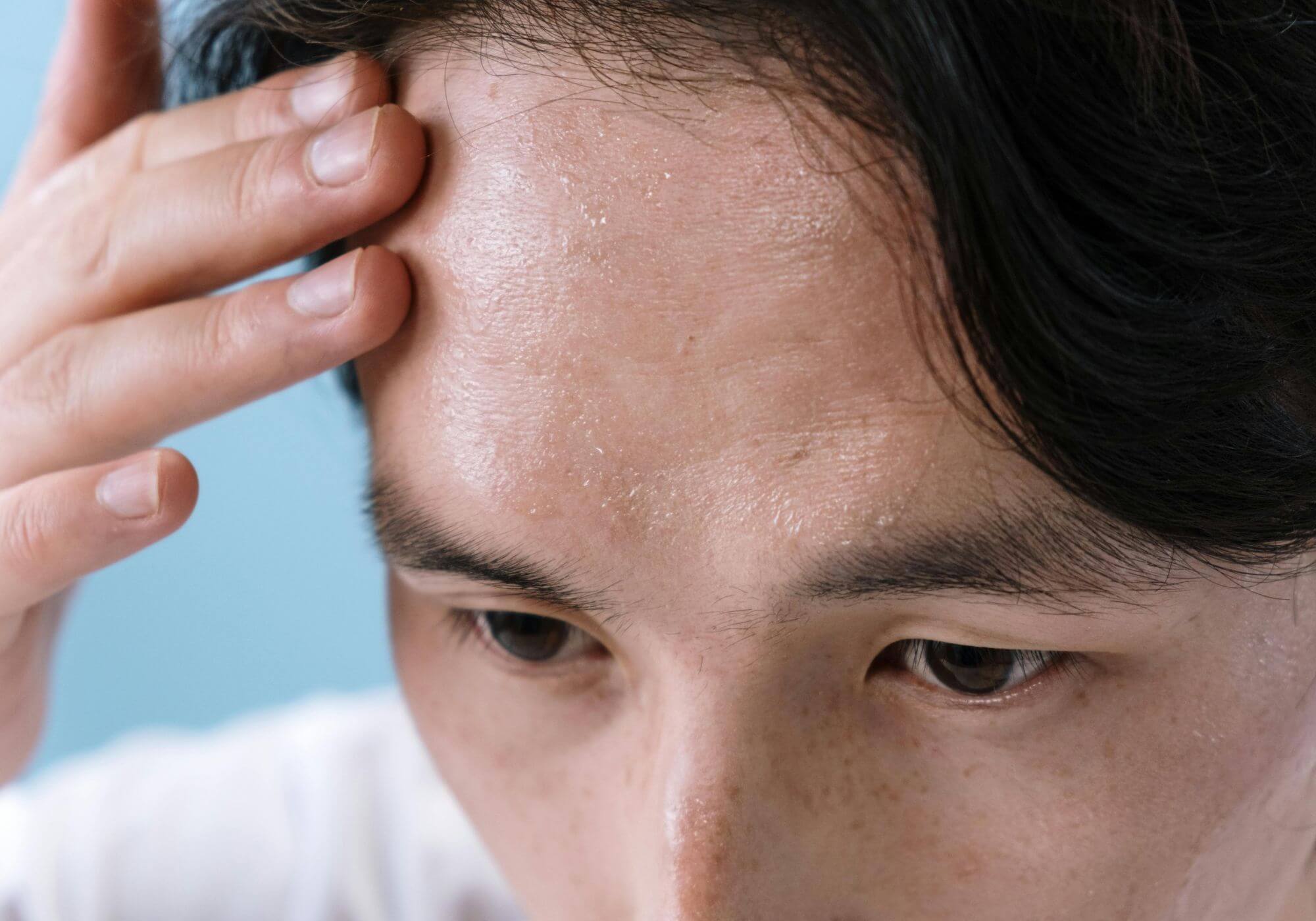Benefits of Sleeping on Your Back: A Comprehensive Overview
Written By - Elira Stanswick
on July 26, 2024

Benefits of Sleeping on Your Back: A Comprehensive Overview
Sleep is quite a crucial and important part of our lives; it affects everything from our physical to mental health and while sleep itself is really important, your sleep posture is also just as important. While many people prefer sleeping on their sides or even on their stomachs, sleeping on your back (also known as supine sleeping) on the other hand can provide with many health benefits. It may initially feel uncomfortable but this position is worth trying considering all of its advantages.
Optimal Spinal Alignment and Reduced Pain
The arrangement of your spine is the best benefits on your back. The true natural curve of your spine disturbs all the weight evenly.
Sleeping on your back is helpful in proper spinning position and sleeping on your stomach causes a spine twist.
This alignment can help you prevent and fix a lot of back pain by reducing the natural overall pressure on your spinal discs and surrounding muscles.

Alleviation of Headaches
Tension headaches often associated with poor neck and shoulder alignment during sleep can also be alleviated by sleeping on your back. All the parts of the body such as neck, head, and shoulders are supported on this position. This can minimize muscle strain and overall reduce the risk of tensional headaches. Basically, what this does is that it prevents your head from being popped up or turned at a really awkward angle, which can exaggerate headache symptoms.
Research also supports these benefits, showing that back sleeping can improve tensional headaches and migraines by maintaining a proper alignment of and reducing muscle tension.

Reduced Pressure on the Chest
Back Sleeping can also reduce the pressure on your chest by quite a large amount, which can allow for a more relaxed and unobstructed breathing. On the other hand, when you sleep on your back or your sides, your chest may be compressed, which can actually hinder normal respiratory functions. This compression can also make it harder for your lungs to fully expand leading to a more shallow or disrupted breathing.

Shuping Sleeping or Back Sleeping provides with you an ample amount of space for your chest and diaphragm to expand and work efficiently. This position promotes better breathing mechanics and can also reduce heavy feelings of breathlessness or any discomfort, especially for individuals with respiratory conditions such as asthma or chronic obstructive pulmonary disease (COPD).
Enhanced Sinus Health
Many conditions such as sinus congestion and pressure are some common issues that can disrupt your natural sleep quality. Sleeping on your back can help alleviate these problems buy simply promoting better drainage of your sinuses. Gravity assists in your flow of your mucus; it reduces the congestion as well as discomfort.

Multiple studies also suggest that sleeping on your back can also improve your sinus health by facilitating a more effective drainage and reduces pressure on your sinus cavities.
Sinus health can also be improved when you sleep on your back. It reduces the pressure on your sinus cavities. For people who suffer from frequently recurring sinus infections and/or allergies, adopting back sleeping can offer a lot of relief and contribute a lot towards an improved overall sleep quality.
Prevention of Facial Wrinkles
Wrinkles and lines on your face are also often worsened by the friction and pressure between your pillowcase and your face. Hence back sleeping completely removes the contact between your face and your pillow which can eliminate the risk of wrinkles developed while sleeping.

It improves the activity of wrinkles on your face when you sleep on your back. Whenever you avoid face to pillow contact, treatments applied before bed remain in place, allowing for a better absorption and enhanced skin benefits.
Safety for Infants
SIDS which is sudden infant death syndrome can be reduced if sleeping back in infants is considered. Back sleeping can ensure that the airway always remains open reduces the overall likelihood of accidental suffocation.

This is supported by other research and studies which include public health campaigns and that which highlights the importance of sleeping on your back for the infants for safety purposes.
Improved Skin Health
The condition of your skin can also be heavily influenced by your sleeping position. Your pillowcase can absorb all of the oils, sweat, and the bacteria from your skin and hair, which may also be transferred to your face, leading to many issues as acnes, blackheads, and also irritation.

Furthermore, back sleeping can also allow for a better hygiene and cleanliness of your pillowcase as-well. Also regularly changing your pillowcases and using materials that can reduce bacterial growth such as satin or silk can also complement the benefits of sleeping on your back and contribute to a clearer, healthier skin.
Reduction of Puffiness
Fluid retention in the facial area leads to puffiness in the areas around the eyes. When you sleep on your stomach or at the size the fluids start accumulating in these areas where swelling and puffiness occurs. When you sleep on your back you start minimizing your chance of fluid build-up.

Enhanced Breathing and Relaxation
Back Sleeping also supports your diaphragm leading to better diaphragmatic breathing by allowing your diaphragm to have enough space to expand and compress properly and function without obstruction. This position can facilitate for a deeper, more effective breathing pattern, which can lead to reduced stress and improved moods. Proper diaphragmatic breathing is also connected with many benefits such as an enhanced attention spam and overall better cognitive function.

Studies have also shown that deep, relaxed breathing while sleeping can lower your stress levels and improve your mental clarity and by choosing supine sleeping you may also experience these benefits leading to a more restful, restoring sleep experience.
Conclusion
Adopting supine sleeping into your daily life may take a lot of time, but the multiple health benefits that come with it make it quite a worthwhile consideration. From improved spinal alignment and reduced pain to overall enhanced skin health and breathing, all of the advantages of sleeping on your back are also well-documented. By making this simple change in your life, you can also support your overall well-bring and will be able to enjoy a more restful and healthier sleeping experience.
More Blogs













